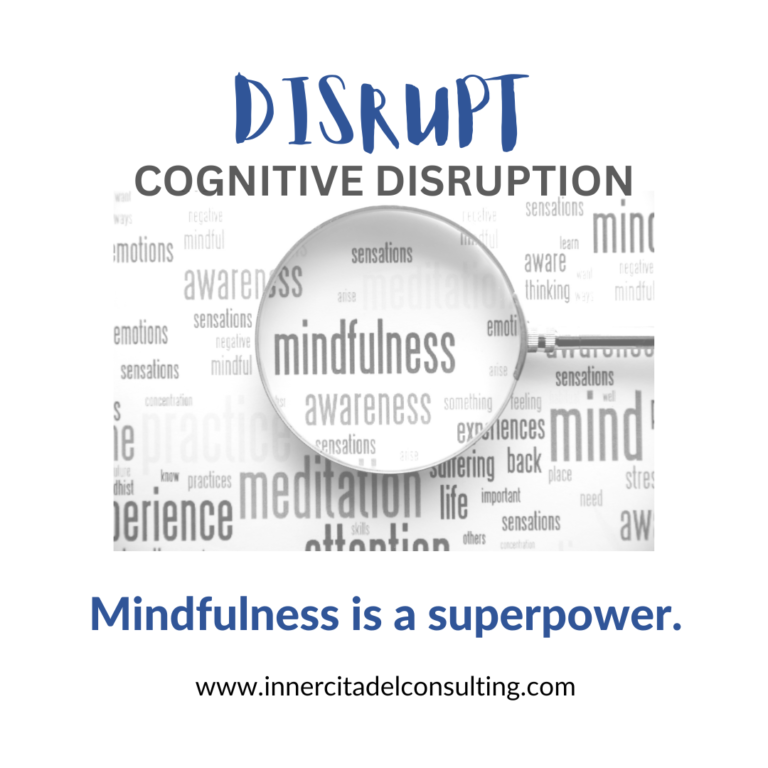
Mindfulness and Interruptions at Work
Twenty years ago… Twenty years ago Quintus Jett and Jennifer George of Rice University published a very important article in the Academy of Management Review (AMR was a top

Twenty years ago… Twenty years ago Quintus Jett and Jennifer George of Rice University published a very important article in the Academy of Management Review (AMR was a top

What does success look like in the coaching space? Feel like? There are some obvious, more or less clinical answers. For example, success looks like a client meeting their
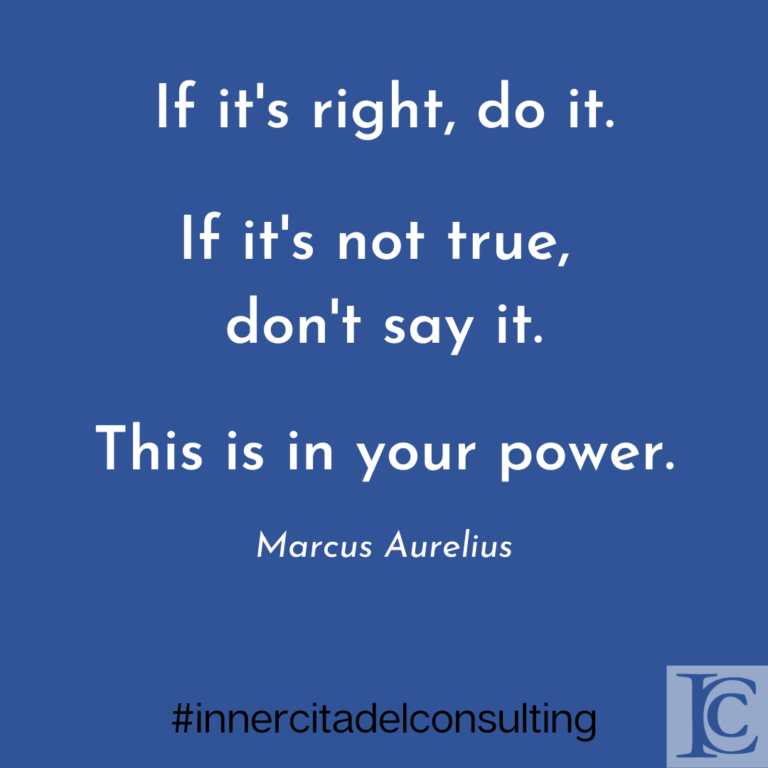
In Part 1 of this series, we looked at how Stoics understood authenticity through purpose. This was *very* high level (or foundational depending on your point of view) and
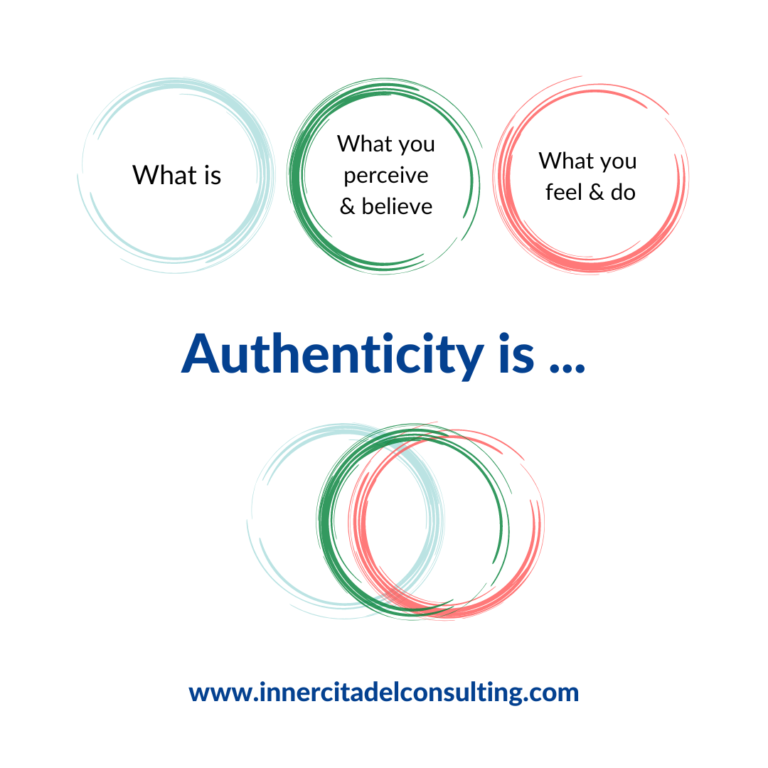
“Why do you live the way you do? Why do you lead the way you do?” Most philosophies that we could call “Socrates’ children” have concept of “purpose” for

“Experience was of no ethical value. It was simply the name men give to their mistakes.” Oscar Wilde, “The Picture of Dorian Gray” At least, this is what the
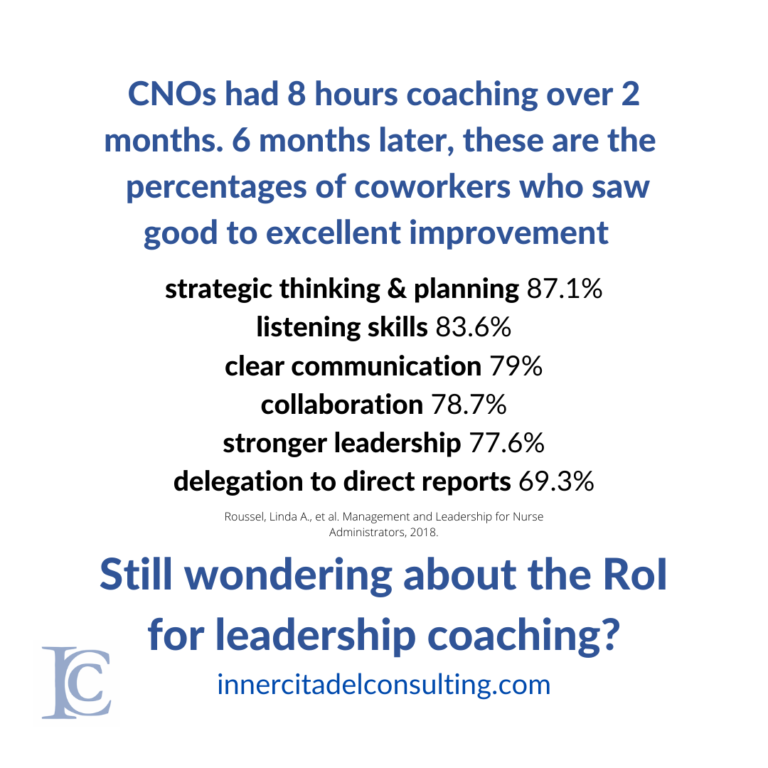
I love this comment from a Greek Stoic named Hecato, quoted by Seneca. “You ask what progress I have made? I have begun to be a friend to myself.”
Conflict is not inherently negative. Very few people like conflict. But conflict is a natural (and sometimes beneficial) part of relationships. This is true even (maybe especially) in the
Training for Leaders I’m pretty constantly torn between focusing #emotionalintelligence and #mindfulness development on managers & leaders or focusing on developing highly effective and self-reliant teams. Part of it
Why I love Genos International Emotional Intelligence tools I often get asked what kinds of assessments I use with clients. I use a few, but when it’s a call
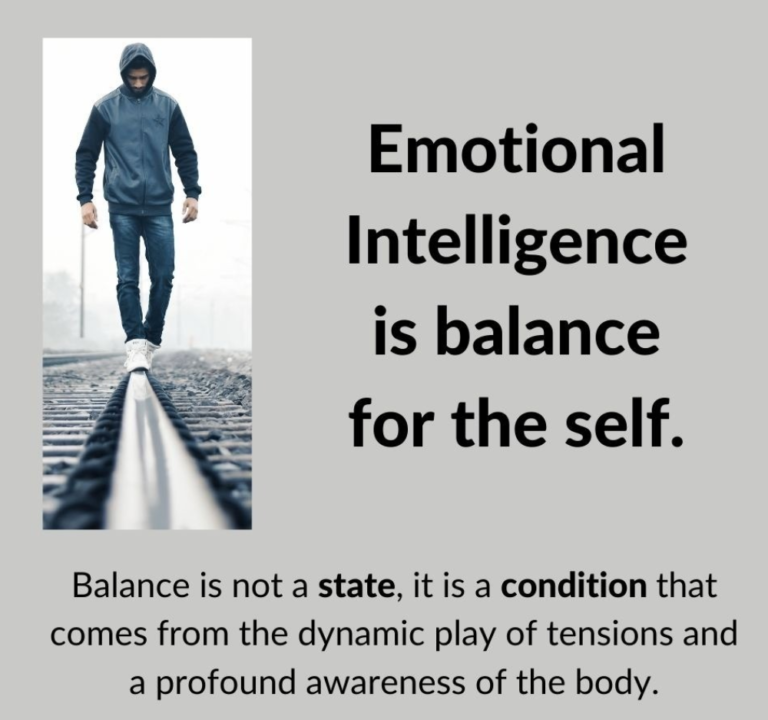
The beginning of Seneca’s dialogue On Serenity of the Spirit captures, I think, what we all often feel about progress and stability. When we commit to working on ourselves,